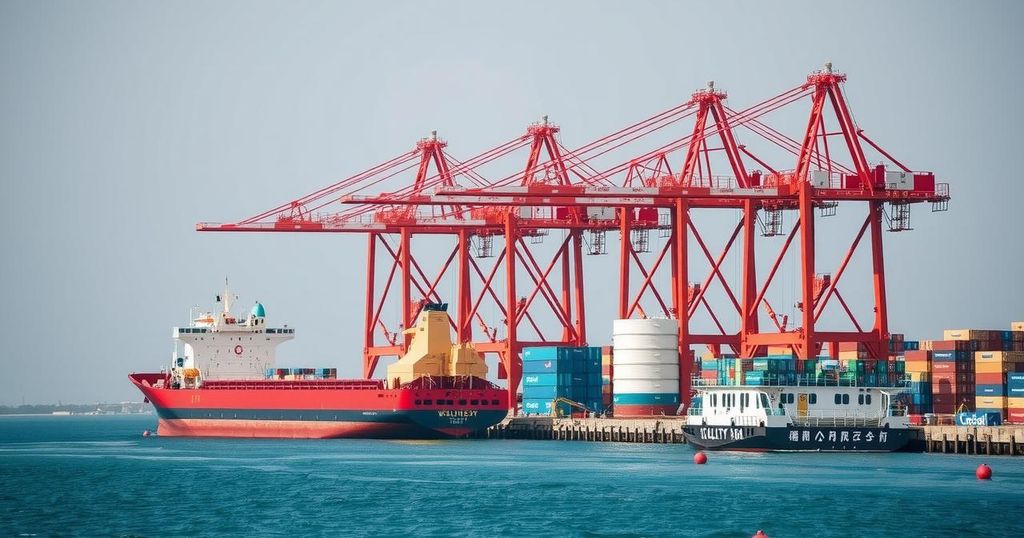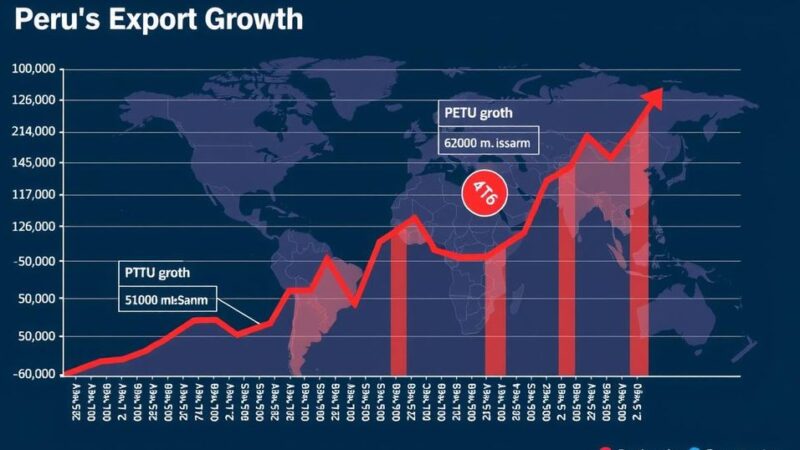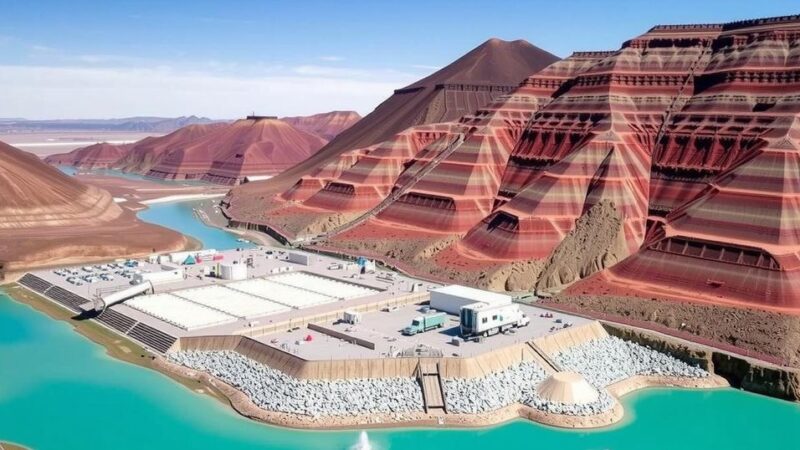Djibouti has become a key investment destination for Chinese companies due to its location and resources, yet it faces challenges such as limited agricultural output and a reliance on imports. The acquisition of the Djibouti Salt Investment Company by a Chinese enterprise exemplifies efforts to capitalize on local assets, but geopolitical tensions in the Red Sea may complicate the investment landscape.
Djibouti has emerged as a significant hub for Chinese investment, particularly under the auspices of Beijing’s Belt and Road Initiative. This initiative has fostered Chinese involvement in various sectors such as transportation, mining, and infrastructure development, including ports and railways. Notably, Djibouti also hosts China’s sole overseas military base, reflecting the strategic importance of this small nation.
Despite these advancements, Djibouti contends with substantial limitations in its manufacturing sector, compounded by its harsh climate and challenging topography. Approximately 90% of the land is desert or volcanic plateau, allowing agriculture to contribute a mere 1% to the nation’s GDP. Consequently, Djibouti faces a significant dependency on imports to meet its economic needs.
Moreover, Djibouti features Lake Assal, known for having the world’s largest salt reserve. Nevertheless, this valuable resource has remained largely untapped, hindering local economic growth and opportunities for investment. In 2015, recognizing the potential of this asset, China Communications Construction Company acquired a controlling interest in a salt company previously operated by American interests, subsequently establishing the Djibouti Salt Investment Company. This venture marked a critical step in leveraging Djibouti’s natural resources for economic enhancement.
The article discusses Djibouti’s strategic significance as a focal point for Chinese investments, particularly as part of the Belt and Road Initiative. This initiative reflects China’s ambitions to expand its economic influence through infrastructure and resource development in strategically located countries. Djibouti’s location, alongside its political engagement with China, has made it an appealing investment destination. Nonetheless, challenges such as limited manufacturing capabilities and underutilized natural resources like Lake Assal’s salt reserve underscore potential vulnerabilities in this investment landscape.
In conclusion, while Djibouti presents ample opportunities for Chinese businesses through its strategic location and resource potential, there are critical challenges that could complicate future investments. The dependency on imports, limited agricultural output, and underutilization of natural resources indicate a cautious outlook. The evolving geopolitical climate in the Red Sea region may further amplify these risks, necessitating vigilant analysis and strategic adaptation from investors. Djibouti’s partnership with China remains pivotal, yet the sustainability of this relationship will rely on addressing inherent economic vulnerabilities and navigating regional uncertainties effectively.
Original Source: amp.scmp.com







